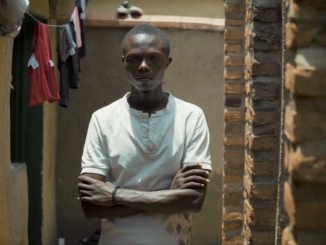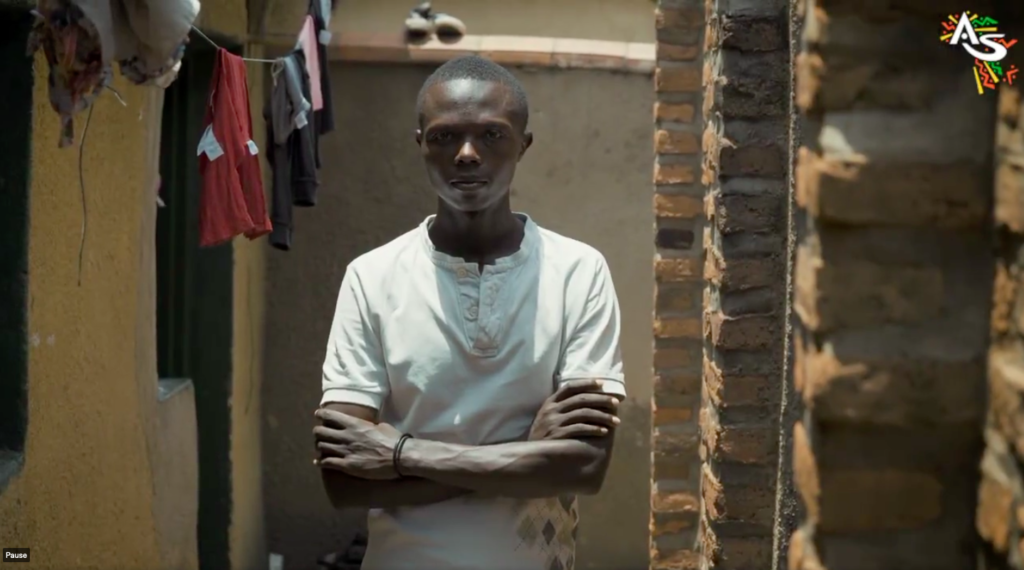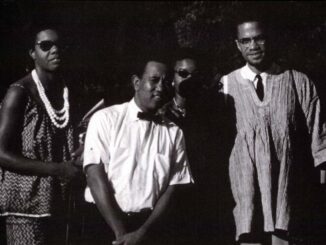African Stream produced this video report: “The United States Africa Command—or AFRICOM—was founded in 2007. But it’s failed to bring peace and security. Major failures in Somalia, Libya and elsewhere have left many Africans suspecting it exists only to serve U.S. interests.”
Related Articles
Related Articles

Genocide Orphans Evicted As U.K.-Rwanda Asylum Treaty Goes Into Effect

Editor’s Note: African Stream originally published this report.
Check out parts 1 and 2 of African Stream’s exclusive report in the videos below.
Check out our exclusive report from the ground in Rwanda where we explore the devastating consequences that this policy is having in Rwanda itself.#RishiSunak #Migrants #Refugees pic.twitter.com/6DVEzQ8kV0
— African Stream (@african_stream) October 31, 2022

Malcolm X’s Revolutionary Trip to Africa
Before Malcolm X went to Africa, he was a Black nationalist and member of the Nation of Islam. By the time he left, he had become a Pan-Africanist, fighting an anti-imperialist struggle. African Stream tells the story of Malcolm X’s political transformation that led to his assassination a few months after his return.

The Sahel Is Jubilant As Macron Announces Berkane Occupation Ends in Burkina Faso, Mali & Niger
Editor’s Note: The video was produced by African Stream.
People who live in the Sahel, a transitional area in Africa between the Sahara Desert and the savanna that is rich in mineral and fossil-fuel deposits, have rejoiced at French President Emmanuel Macron’s announcement that the Berkhane military operation in Burkina Faso, Mali and Niger has ended. These countries were once part of a larger French controlled territory known as French West Africa. However, many former French colonies continue to be forced to use the French currency, the franc, and have been subject to French military occupation in the name of anti-terrorism.
